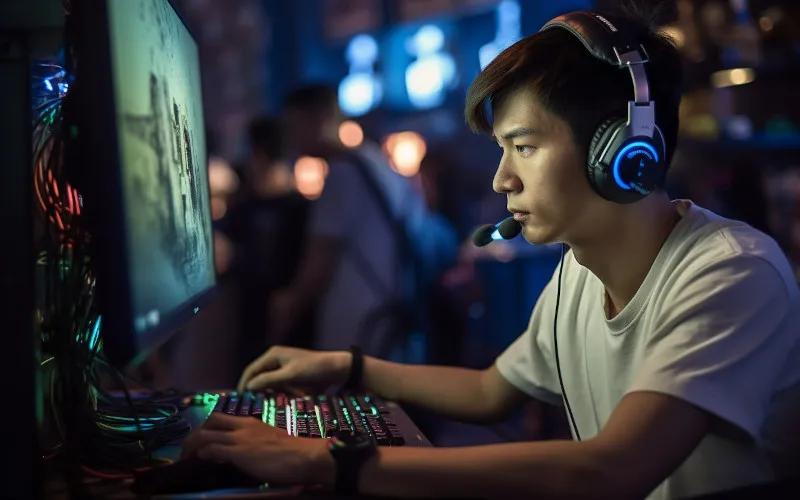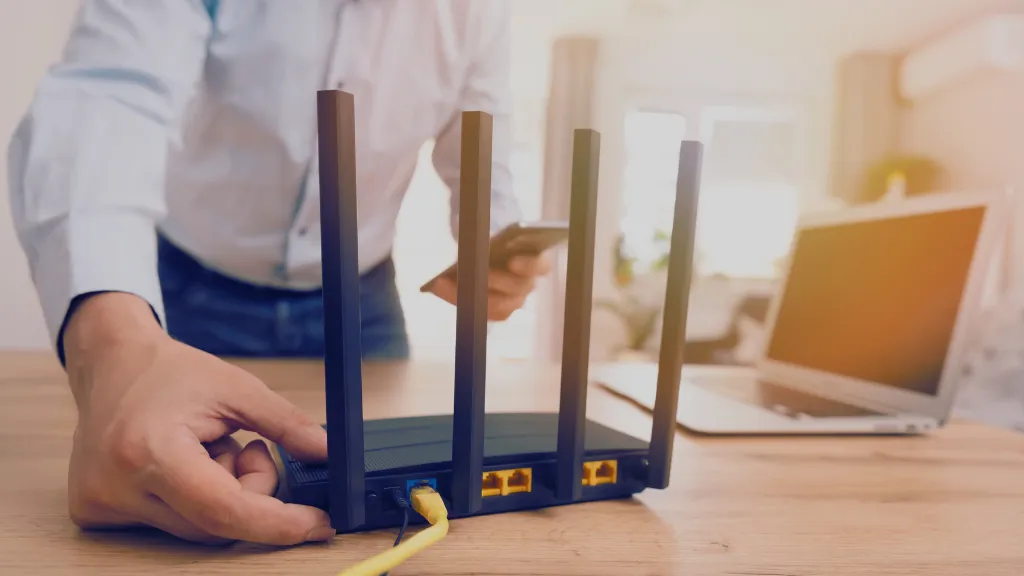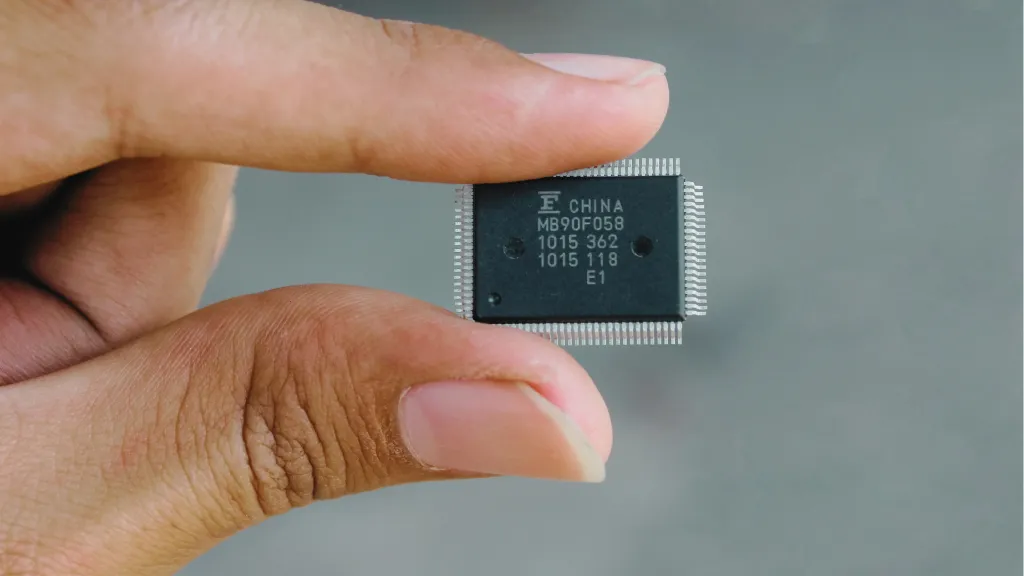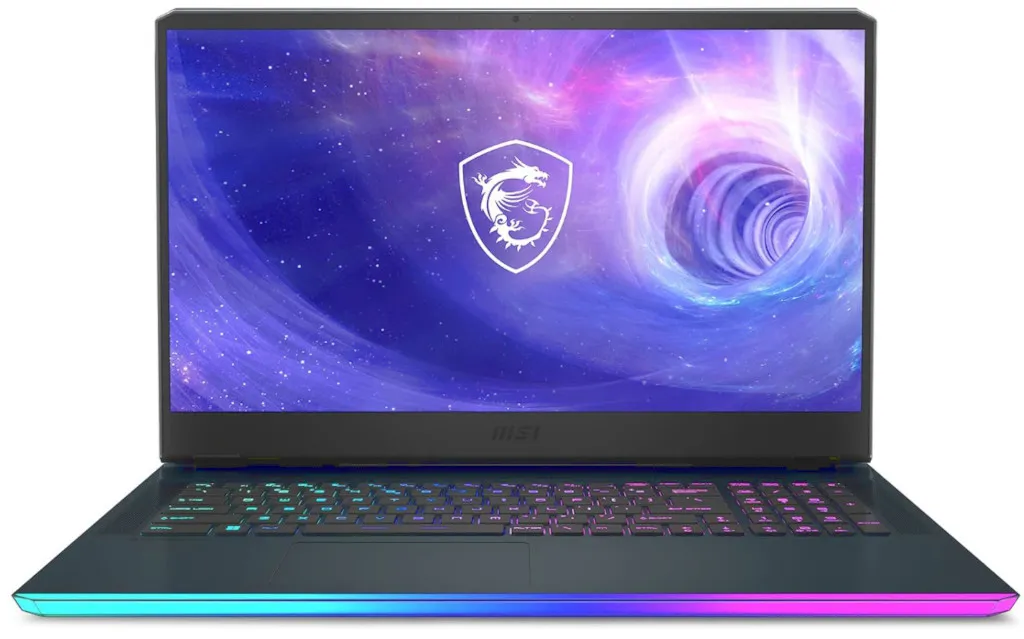As an avid gamer, I know the importance of having the right hardware to achieve the best gaming experience. One of the key components that affect gaming performance is the CPU or Central Processing Unit.
In this article, we will delve into how the CPU can impact your gaming experience and how to choose the right CPU for your needs. Whether you are a casual gamer or a hardcore enthusiast, understanding the role of the CPU in gaming can help you optimize your gaming rig for peak performance.
So let’s get started and explore the world of CPUs and gaming!
CPU Specifications that Affect Gaming
When it comes to CPUs and gaming, there are several key specifications that can impact performance.
Here are some of the most important CPU specifications to keep in mind:
- Clock Speed: The clock speed of a CPU, measured in GHz, determines how fast it can process instructions. Generally speaking, a higher clock speed means faster processing and better gaming performance.
- Cores and Threads: CPUs can have multiple cores and threads, which allow them to handle more tasks simultaneously. For gaming, a CPU with at least 4 cores and 8 threads is recommended to handle modern games.
- Cache Size: The cache size of a CPU is the amount of memory that it has for storing frequently accessed data. A larger cache size can help reduce load times and improve gaming performance.
- Power Consumption: Higher power consumption can lead to better performance but also means more heat and energy usage. It’s important to balance power consumption with cooling needs and energy efficiency.
Understanding these important specifications will help you decide when choosing a CPU for your gaming computer. Remember that there are also other factors to consider, but these are some of the most crucial for maximizing gaming performance.
How CPU Affects Gaming Performance
The CPU is a critical component of any gaming setup, as it plays a major role in determining the performance of your games.
Here are some of the main ways that the CPU can affect gaming performance:
- Frame Rate: The CPU is responsible for processing game logic and physics, which can impact the frame rate. A faster CPU can help achieve a higher frame rate and smoother gameplay.
- Load Times: The CPU is also responsible for loading game assets and data into memory. A CPU with a larger cache size can help reduce load times and improve overall game performance.
- Game Settings: Some games are more CPU-intensive than others and require a higher-end CPU to achieve optimal performance. CPU specifications can impact the ability to run games on higher graphics settings or to play certain games altogether.
- Multi-tasking: Running other applications in the background while gaming can impact CPU performance, which can impact game performance. A more powerful CPU can handle multitasking better and provide a smoother gaming experience.
The CPU is a critical component of any gaming setup and can significantly impact gaming performance. By selecting a CPU with the right specifications and understanding how it affects performance, you can optimize your gaming rig for the best possible experience.
CPU Brands and Their Impact on Gaming
Regarding CPUs for gaming, there are several brands to choose from, each with its strengths and weaknesses.
Here are some of the most popular CPU brands and their impact on gaming performance:
- Intel: Intel has long been the dominant player in the CPU market, and its CPUs are well-suited for gaming. Intel CPUs have high clock speeds and single-core performance, making them ideal for games that rely heavily on single-threaded performance.
- AMD: AMD has been making a comeback in recent years with its Ryzen CPUs. Ryzen CPUs have more cores and threads than Intel CPUs, making them better suited for multi-tasking and multi-threaded applications, including some games.
- ARM: ARM CPUs are commonly found in mobile devices but are also used in some laptops and mini PCs. ARM CPUs tend to have lower power consumption and are more energy-efficient than other CPU types but may not be as powerful as other options.
The brand of CPU you choose for gaming will depend on your specific needs and preferences. Intel is a safe bet for most gamers, but AMD is also a great option for those who prioritize multi-tasking and multi-threaded performance.
ARM CPUs may be suitable for portable gaming setups or low-power usage but may not provide the best performance for high-end gaming.
Overclocking and Its Impact on Gaming
Overclocking is a process of increasing the clock speed of a CPU beyond its default settings to achieve better performance. While overclocking can boost CPU performance, it comes with risks and downsides.
Here’s what you need to know about overclocking and its impact on gaming performance:
- Improved Performance: Overclocking can improve CPU performance and boost frame rates, resulting in a smoother gaming experience. However, the extent of the improvement depends on the CPU and how much you overclock it.
- Increased Heat: Overclocking increases the CPU’s heat output, which can cause stability issues and even damage the CPU if it’s not properly cooled. You may need additional cooling solutions, such as a better CPU cooler or thermal paste, to keep the CPU running at safe temperatures.
- Reduced Lifespan: Overclocking can also reduce the lifespan of a CPU, as it’s being pushed beyond its designed specifications. While the impact on lifespan varies depending on the CPU and the level of overclocking, it’s something to consider before attempting to overclock your CPU.
- Warranty Voiding: Overclocking can also void the warranty of your CPU, so it’s important to check with the manufacturer before attempting to overclock it.
Overclocking can improve gaming performance but has some risks and downsides. If you’re considering overclocking your CPU, research the process thoroughly and weigh the pros and cons before making any changes.
Choosing the Right CPU for Gaming
Choosing the right CPU for gaming can be daunting, but it’s essential for getting the best gaming experience.
Here are some factors to consider when selecting a CPU for gaming:
- Budget: CPUs come in a wide range of prices, so it’s important to set a budget before purchasing. Consider the CPU’s cost and additional components, such as a motherboard and cooler.
- Gaming Requirements: Consider the games you plan to play and their system requirements. Some games are more CPU-intensive than others, so you’ll need a more powerful CPU to achieve optimal performance.
- Single-Threaded vs. Multi-Threaded Performance: Some games rely heavily on single-threaded performance, while others benefit from multi-threaded performance. Consider the type of games you plan to play and choose a CPU optimized for that performance.
- Brand: As mentioned earlier, Intel and AMD are the two main CPU brands for gaming. Consider the strengths and weaknesses of each brand and choose the one that best suits your needs and preferences.
- Overclocking: If you plan to overclock your CPU for better performance, choose a CPU designed for overclocking and invest in additional cooling solutions to keep it running safely.
The right CPU for gaming will depend on your specific needs and budget. Take the time to research and compare different options, and consider consulting with an expert if you’re unsure about which CPU to choose.
By selecting the right CPU, you’ll be well on your way to an optimized gaming setup with the best possible performance.
Conclusion
The CPU is a crucial component in gaming and significantly impacts gaming performance. When selecting a CPU for gaming, it’s important to consider factors such as budget, gaming requirements, single-threaded vs. multi-threaded performance, brand, and overclocking potential.
Choosing the right CPU can result in smoother gameplay, faster loading times, and a better gaming experience. However, it’s important to remember that the CPU is just one part of a larger gaming setup and that other components, such as the GPU, RAM, and storage, also play a role in gaming performance.
By taking the time to research and carefully select each component, you can build a powerful and optimized gaming setup that will provide you with hours of enjoyable gameplay.







